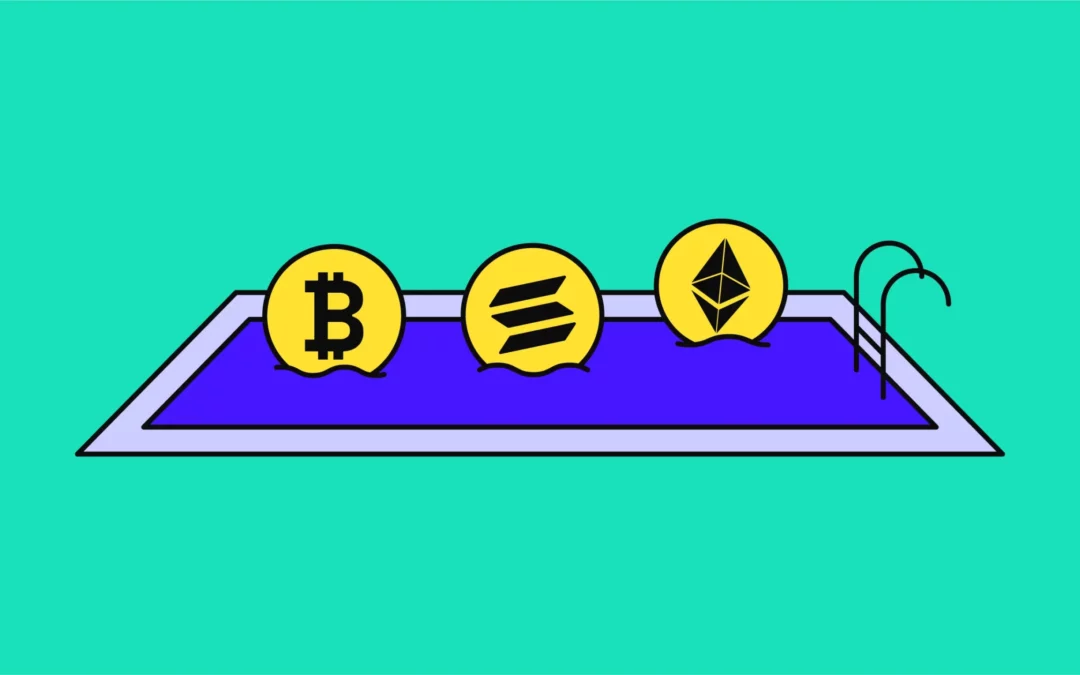What Is a Liquidity Pool? (Explained in Simple, Human Language)
If you’ve ever used a decentralized exchange like Uniswap, PancakeSwap, or Curve, you’ve already interacted with something called a liquidity pool — even if you didn’t realize it. Liquidity pools are the quiet heroes of DeFi. They make trading smooth, fast, and available 24/7 without needing banks, brokers, or traditional order books.
In this post, I’ll break down what a liquidity pool is in simple terms, why it matters, and how people earn money from it. No confusing jargon — just a clean explanation.
What Exactly Is a Liquidity Pool?
A liquidity pool is a big pot of crypto tokens locked inside a smart contract. Traders use this pot to instantly buy and sell tokens.
Think of it like this:
Imagine a mini-market where people put two types of goods — for example, apples and oranges — into a basket. Anyone who comes by can swap apples for oranges or oranges for apples, depending on what’s inside the basket. The more apples and oranges in the basket, the easier the trading.
In crypto, those “apples and oranges” are tokens like ETH/USDT or BNB/BUSD.
The people who deposit these tokens are called liquidity providers (LPs).
Why Liquidity Pools Matter
Before liquidity pools existed, decentralized trading relied on buyers and sellers matching orders — which often caused slow trades and empty markets.
Liquidity pools solved this by:
1. Providing instant trades
The smart contract always has tokens available, so users don’t have to wait for someone else to trade.
2. Keeping markets stable
Bigger pools = less price volatility during swaps.
3. Allowing passive income
Liquidity providers earn a share of transaction fees every time someone trades in the pool.
How Do People Earn From Liquidity Pools?
When you add tokens to a pool, you become a liquidity provider. In return, you earn:
- Trading fees (shared among all LPs)
- Sometimes extra rewards like farming tokens (depending on the platform)
It’s basically like earning interest by helping keep the market running.
But keep in mind: liquidity pools aren’t risk-free. Price changes can cause impermanent loss, meaning your deposited tokens may be worth less later.
Why Beginners Should Know About Liquidity Pools
If you’re exploring DeFi, liquidity pools are one of the first concepts you’ll encounter. Understanding them helps you:
- Use decentralized exchanges confidently
- Earn passive income more safely
- Avoid common beginner mistakes
- Get a clearer picture of how DeFi actually works behind the scenes
The more you understand liquidity, the smarter your crypto decisions become.

